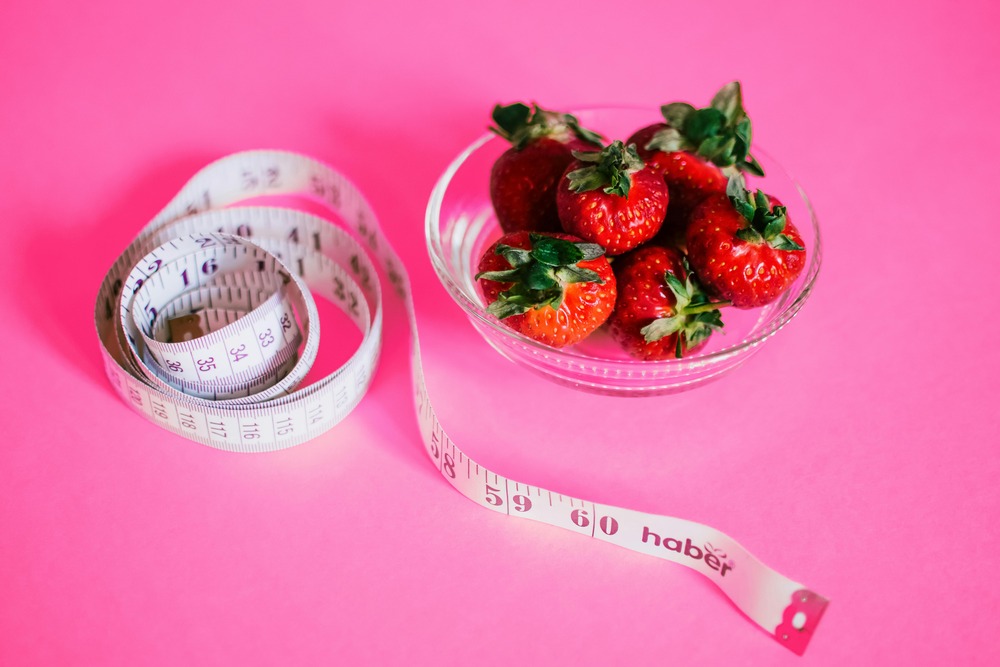You are feeling off and a little bloated. You begin thinking, “Maybe I am pregnant.” This leads you to the store where you purchase not only one, but two pregnancy tests. You want to make sure you get the answer you need, and you need it now. 🏪
You tear the package open, ignore the directions, and take the test. After reading a negative result, you think, “Can pregnancy tests be wrong?” You take the test again. As the seconds tick by and you watch the result appear once again in the test window, you find yourself wondering if it is right. ⏳
Maybe your situation is different. Perhaps your period is just a few days late, but otherwise, you feel normal. You take the test, and a big “+” sign flashes at you. You are asking the same thing, “Can pregnancy tests be wrong?” You would not be the first person to ponder this question. 🤔
Can Pregnancy Tests Be Wrong?
The answer is yes: pregnancy tests can be wrong. While false negative results occur more often, on rare occasions, a test will display a false positive. There are many factors that can affect your pregnancy test, so if you question your results, don’t be surprised if they are wrong.
Could a Positive Result Be Wrong?
When your pregnancy test results are positive but you are not pregnant, the result is considered a false positive. Sometimes this happens if you had a miscarriage shortly after your fertilized egg attached itself to your uterine lining. Additionally, if you are taking fertility drugs containing hCG and do not wait long enough after stopping, you can get a positive result. Cases of false positive pregnancy test results are considerably less common than the alternative.
Could a Negative Result Be Wrong?
Much more common than getting a false positive is getting a negative result when you are actually pregnant. This is considered a false negative. There are many reasons you may get this result:
| Reason | Description |
|---|---|
| Taking the Test Too Early | You may have checked your test too early, not giving it the time it needed to process your result. |
| Diluted Urine | If you drink too much fluid, your urine may be diluted, making it difficult for the test to detect hCG. |
| Testing Too Soon | Taking the test too soon after a menstrual cycle can lead to inaccurate results. |
The optimum time to take a home pregnancy test is first thing after waking up in the morning. 🌅
More Possible Reasons Why Pregnancy Tests Can Be Wrong
Can pregnancy tests be wrong? As mentioned above, yes, they can. Whether you are feeling excitement or experiencing anxiety over what your pregnancy test results may be, there are many other reasons which can make pregnancy tests wrong.
1. Not Following Test Directions
A common mistake is not following the test directions correctly. Most tests have specific instructions on how long to urinate on or dip the test in your urine. The tests also direct you on how to position the test stick while waiting for the result, which is usually laying it down horizontally on a flat surface. Additionally, you have to wait a certain amount of time before the test will give you an accurate result. Not following the directions can cause a pregnancy test to give you an incorrect answer. 📏
2. Ectopic Pregnancy
When an egg is fertilized outside of the uterus, this causes a condition called an ectopic pregnancy. If you take a pregnancy test when this happens, it often affects the accuracy of the result because it cannot get a correct reading of your hCG levels. Ectopic pregnancies can produce severe pain in the abdomen and pelvic areas, so seek medical care if you are experiencing these symptoms. 🚑
3. Certain Medicines
The most common medications that affect the accuracy of pregnancy tests are fertility drugs that contain hCG. While rare, other drugs can also interfere with your results. The commonly-used allergy medication called Phenergan can affect certain tests. Other medicines that can make pregnancy tests wrong include anticonvulsants, certain tranquilizers, and some diuretics. 💊
4. Other Health Conditions
Certain health conditions can interfere with pregnancy test results. However, these occurrences are very uncommon. A psychological condition called hysterical pregnancy affects your body and may increase your hCG levels. Liver problems and reproductive organ tumors can also lead to inaccurate results, but this rarely happens. A more common health condition that messes up test results is the case of an early miscarriage. When this occurs, your hCG levels may be off, thus affecting your results. ⚠️
How Accurate Are Pregnancy Tests?
Now that you know the answer to “Can pregnancy tests be wrong?” is yes, you can take measures to ensure your results are as accurate as possible. When taken correctly, home pregnancy tests are right about 97% of the time. Here are some key points to remember:
| Tip | Description |
|---|---|
| Wait a Week | Try to wait a week after your missed period before taking a home urine pregnancy test. |
| Morning Testing | If possible, take your test when you wake up in the morning when your urine is the most concentrated. |
| Follow Directions | Carefully read and follow the directions that accompany the test. |
| Consider Timing | Remember that when your egg implanted and how soon after you became pregnant can affect your results. |
By following these guidelines, you can increase the likelihood of receiving an accurate result. 📈
In conclusion, while pregnancy tests are generally reliable, they are not infallible. Understanding the factors that can lead to incorrect results can help you navigate the emotional rollercoaster of pregnancy testing with greater confidence. Whether you are hoping for a positive result or bracing for a negative one, being informed is your best ally. 🌈




